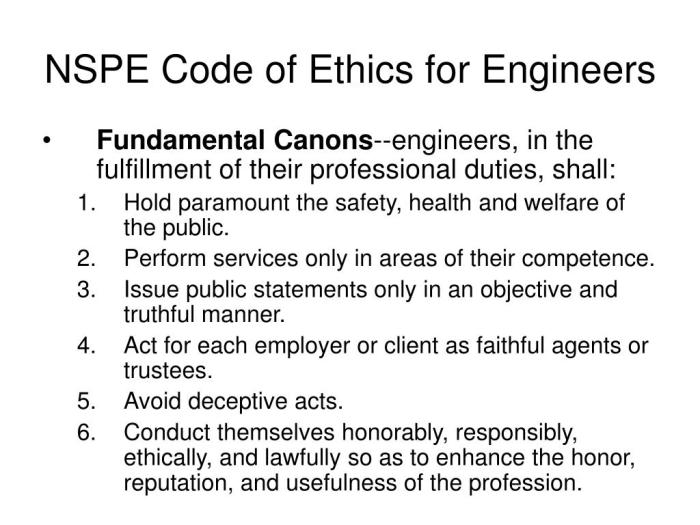The canons of professional ethics and conduct provide a framework for ethical decision-making and behavior in professional settings. These guidelines ensure that professionals maintain integrity, confidentiality, and respect for others while navigating complex ethical challenges.
The principles of ethical conduct, such as honesty, impartiality, and accountability, serve as the foundation for ethical decision-making. Professionals must consider the potential consequences of their actions, the interests of stakeholders, and the applicable ethical standards.
1. Introduction to Canons of Professional Ethics and Conduct

The canons of professional ethics and conduct define the ethical principles and standards that guide the behavior of professionals in their work. These principles help ensure that professionals act with integrity, confidentiality, and respect for others, and that they put the interests of their clients or patients first.
Importance of Ethical Guidelines in Professional Settings, Canons of professional ethics and conduct
Adhering to ethical guidelines is crucial in professional settings for several reasons:
- Protects the rights and interests of clients or patients
- Maintains the integrity and reputation of the profession
- Builds trust between professionals and the public
- Promotes fair and equitable treatment of all individuals
2. Principles of Ethical Conduct: Canons Of Professional Ethics And Conduct

The core principles that guide professional ethics and conduct include:
- Integrity: Adhering to ethical principles and values, even when faced with challenges or pressure
- Confidentiality: Protecting sensitive information entrusted to professionals by clients or patients
- Respect for Others: Treating all individuals with dignity and respect, regardless of their background or beliefs
- Objectivity: Making decisions based on facts and evidence, without bias or personal interests
- Competence: Maintaining the necessary skills and knowledge to provide quality services to clients or patients
3. Ethical Decision-Making

Ethical decision-making in professional contexts involves a systematic process:
- Identify the ethical issues: Determine the relevant ethical principles and values at stake
- Gather relevant information: Collect facts and perspectives from various sources
- Consider potential consequences: Evaluate the potential impact of different decisions on stakeholders
- Weigh the ethical principles: Balance the ethical principles involved and determine the most appropriate course of action
- Make a decision: Choose the option that best aligns with ethical principles and values
- Reflect on the decision: Evaluate the outcome of the decision and identify any areas for improvement in future decision-making
FAQs
What are the core principles of professional ethics?
Integrity, confidentiality, respect for others, objectivity, and accountability.
How can professionals resolve ethical dilemmas?
By considering the ethical principles involved, the potential consequences, and the interests of stakeholders.
What role do professional organizations play in enforcing ethical standards?
They establish codes of conduct, provide ethics training, and investigate ethical violations.
